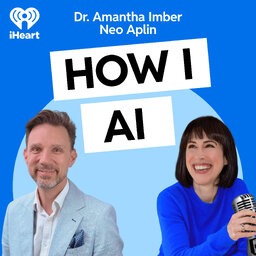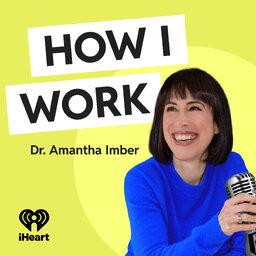Quick Win: How to dumb down your phone with Ryan Shelton
When Ryan Shelton traded in his iPhone for a flip-phone with no internet connectivity, he took to calling it his SmugPhone, because he felt so smug watching the rest of us stare down at our little pocket computers all day every day.
He was smug for other reasons, too: the new level of silence allowed for more clarity of thinking, and he quickly noticed he was having more creative ideas more often. He also began to appreciate his in-person interactions more now that he wasn’t entertained by podcasts, music, movies and social media at every moment of the day.
So why did the comedian and podcast host go back to the iPhone in the end?
Ryan shares why he’s no longer using his flip-phone, and explains how he modified his iPhone to give him the same benefits without the drawbacks.
Connect with Ryan on Instagram or listen to The Imperfects podcast
You can find the full interview here: https://amantha.com/podcasts/what-comedian-and-podcast-host-ryan-shelton-learned-after-ditching-his-smartphone/
My new book The Health Habit is out now. Order your copy here
Connect with me on LinkedIn and Instagram.
For more life-improving tips, sign up for my weekly newsletter at howiwork.co.
Questions or feedback? Email me at amantha@inventium.com.au.
Credits:
Host: Amantha Imber
Sound Engineer: Martin Imber
In 1 playlist(s)
How I Work
You know those annoyingly successful people who seem to have it all figured out? Time to steal their…Social links
Follow podcast
Recent clips

13 AI tools we use every single day
26:32

BEST OF: Want to make time for the things that count? Oliver Burkeman has your time management answers
34:46

BEST OF: I burnt out completely last year. This is how I recovered.
27:41
 How I Work
How I Work